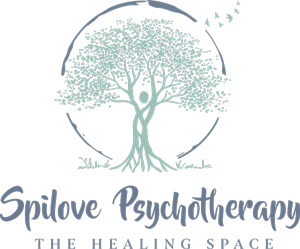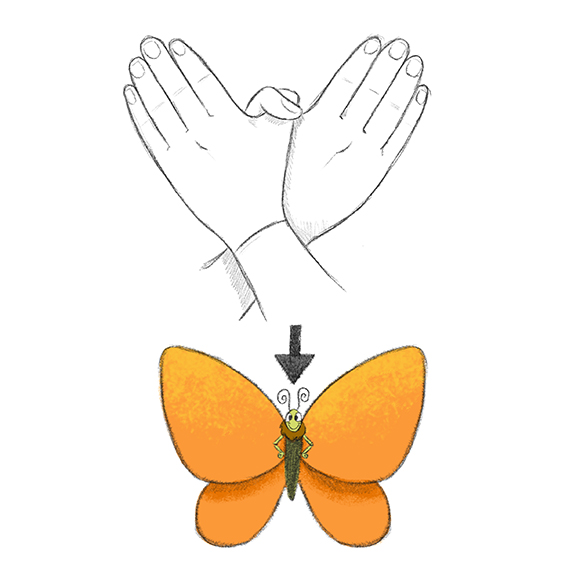The Main Line of Philadelphia
is a very special place to live. If you already live here, you know how unique this place is - if you don't live here, you are in for quite a treat. The suburban area to the west of Philadelphia has been referred to as The Main Line because of the main train line that connects Philadelphia to all the beautiful towns built up along the train tracks: Lower Merion includes Overbrook, Merion, Bala Cynwyd, Wynnewood, Narberth, Ardmore, Bryn Mawr and Rosemont. Further out we have Radnor, Villanova, Wayne, St. Davids, Berwyn, Paoli, Malvern, Exton and Frazier. Each town is unique and has it’s own spin on charm.
Finding an expert trauma therapist on the Main Line of Philadelphia
seems harder than it should be. With Bryn Mawr's Graduate School of Social Work close by, Villanova University, Rosemont College, Saint Joseph's University, Widener, Immaculata, Cabrini, Ursinus and not to mention University of Pennsylvania, Swarthmore and LaSalle, we have so many talented therapists, social workers and counselors. So, how do you find the therapist who knows just how to help you manage your post-traumatic stress symptoms? How do you find the counselor you can click with and trust to guide you through an evidence-based method of healing your past traumatic memories? Choosing a therapist is a very personal decision. You can have three great therapists, but if you don’t feel safe with them, what’s the point? If you are looking for a counselor, psychologist, life coach or therapist - I'd like to help you find someone who can help.
Here are some ways to search
Educate Yourself About Methods that Work for PTSD
When you have PTSD, there are only a few ways of treating your symptoms that have been studied and proven to effectively reduce or eliminate symptoms. Those nightmares you’ve been dealing with, the heightened startle response, hypervigilance, and avoidance of triggering situations – those are the things that get in the way of your life. These are the issues you’ll want to be sure your therapist knows how to help you manage and heal, not just talk about. One of the top researched methods for eliminating these symptoms is a method called Eye Movement Desensitization and Reprocessing (EMDR).
EMDR has been studied and proven as an evidence-based treatment method. You can learn more about EMDR and how it works here. Here is a short explanation: when we have traumatic memories, the memories tend to get stuck on one side of the brain and our body tries to heal it by re-playing it over and over, but it stays stuck. EMDR is a technique that stimulates each side of the body alternately while the patient processes the traumatic material. This technique helps the brain move the traumatic memory from one side of the body through to be able to process it so it’s not stuck on a loop any longer. You can find therapists who are trained and certified to utilize EMDR by going on the EMDRIA.org website or asking people who know therapists in the area. Think about asking friends who have or know therapists, your doctor or someone at your school. Therapists that come highly recommended and are known to work with PTSD through EMDR methods are a good way to make sure they have a good reputation.
Type into Google your town and the issue you are looking for help with. For example, "Bryn Mawr and PTSD" or "Rosemont and Trauma" and see what comes up. In the top listings that come up in your search, you will hopefully see some links to therapists that specialize in your particular need and are trained in EMDR.
Psychology Today
What you will most likely see is a result that links to a Psychology Today profile for therapists in your area that have indicated these specialties. Psychology Today is a great site that is most commonly used for therapists to post their profiles and for clients to find a therapist nearby. It’s very helpful that you can refine your search by specialty. The unfortunate thing is that therapists can indicate that we specialize in as many topics as we'd like. Although a therapist might indicate that they specialize in PTSD, if it's really something we know a lot about, we obtain specialized training in evidence-based methods specifically for PTSD and we will often note areas we are trained in on our websites, so don’t stop with Psychology Today, make sure you read through the clinician’s website as well.
Websites
Check out the websites of potential therapists. If you are looking for help with flashbacks and the website you are visiting talks a bunch about flashbacks, that's a great sign! If you are looking for help with a heightened startle response and you're on a website that doesn't mention this symptom, you might want to keep looking.
Phone consultation
Some therapists offer a free 15-minue phone consultation which is a great service and an excellent opportunity for you to interview your potential trauma therapist. You are going to be spending a good amount of time and finances on effective therapy, it is very important that you find the right fit for you.
Here are some questions to help you navigate your phone consultation:
1. What methods do you use to treat PTSD?
2. How do you help your clients manage overwhelming emotions while they work on traumatic memories?
3. What do you do to treat the symptoms versus the root of the problem?
4. How long does it usually take before your clients start to see relief from their symptoms?
5. How effective are the methods you use?
6. Given my specific set of symptoms and needs, do you think you can help me and have you helped many others’ with my specific symptoms before?
In an ideal world, you would find a therapist who has special training and expertise in the methods that show the best results and someone who has tons of experience working with eating disorders and trauma. Unfortunately, this is not an ideal world. So you'll need to search a bit further. You'll be searching for someone that you connect with, who you feel comfortable talking to, someone who will be honest with you and you'll know you can be honest with them.
I hope this helps you in your search for the right therapist on the Main Line of Philadelphia. If you want some tools to help now, sign up for my newsletter to get some tips and tools for managing PTSD and eating disorders. If you are still feeling stuck, feel free to call me at 610.314.8402 for a free 15 minute phone consultation. I am available to listen to what's happening and help direct you to the right person. If you are looking for help with eating disorders or PTSD, you can read more about how I can help here.

























